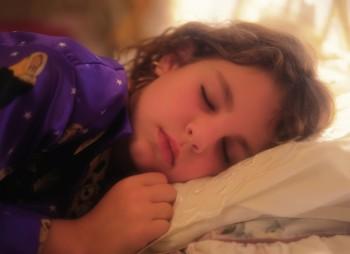Early to Bed, Early to Rise Makes Kids Healthier: Study
Young late-nighters are less physically active and fit than their early-bird counterparts, new research from Australia suggests.

Late-rising and -sleeping adolescents were observed to undertake 27 minutes less daily physical activity than the early-risers and -sleepers. Photos.com
|Updated:




